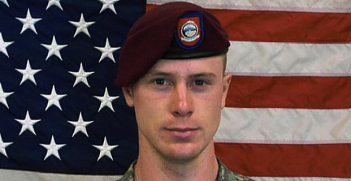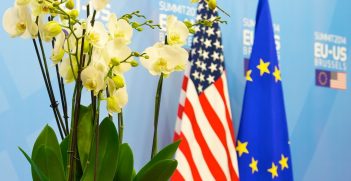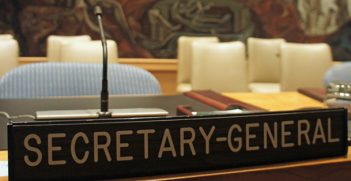Reopening Past Grievances in New Caledonia
A request for UN mediation, and the discord evident at the Committee of Noumea Accord Signatories on 4 October, show that old wounds are reopening in New Caledonia as pro-France and pro-independence groups stake their claims in advance of the independence referendum due by 2018.
After mounting signs of disunity in recent months, on 8 October one pro-independence party, the Union Calédonienne (UC)—the party of assassinated founding-leader Jean-Marie Tjibaou—called for UN mediation over a key voter eligibility issue. The call came after the UC boycotted the annual Signatories meeting, a pro-France leader walked out, and consensus on the meeting’s conclusions could not be achieved for the first time in 14 years, with 8 members expressing reservations.
The UN call and UC boycott is resonant of Kanak tactics in the troubled 1970s and 1980s. Equally, pro-France leader, Pierre Frogier, is busy playing an old political game, blaming the French State for mishandling the meeting and not stating its clear position. Since his party supports the UMP nationally, now in opposition, he’s signalling that if his party has any say, Hollande’s socialist government won’t make much headway on New Caledonia before its term finishes in 2017.
The French administration creditably stated its neutral position–Prime Minister Vals pledged France’s support for New Caledonians to decide their own future, and noted that the New Caledonian referendum must be protected from the deadlines of the 2017 French national elections. New Caledonian events have been badly affected by national timetables in the past. On the other hand the French State declared the meeting a success, emphasising consensus in one key area of electoral eligibility—a provocative move given disagreement over that central issue and the general lack of participation in the meeting and support for its conclusions.
The value of the annual Signatories meeting is the opportunity to stocktake progress under the Accord and to air views outside the local Congress, where pro-France groups are in the majority. This time the issues centred on the future referendum; discussion of a French paper on the institutional future, with agreement to set up three working groups; the controversial handover of remaining responsibilities under the Accord, where differences were not resolved; the development of a nickel strategy, once again deferred; and, most weighty of all, the electoral lists defining those who can vote in the forthcoming referendum.
That last issue underlies the failure of the meeting. The definition of the electorate, both for provincial elections and the final independence referendum, has been a fundamental issue for pro-France and pro-independence groups from the time they signed the 1998 Noumea Accord.
In its decision to boycott the meeting on 28 September, the UC claimed that the French State had ignored its concerns over the electoral lists, ominously reflecting the claims and atmospherics of the troubled 1970s and 80s. Most, but not all, pro-independence supporters tend to be indigenous Kanaks. The party meeting explicitly referred to the comment by then French Prime Minister, Pierre Messmer, in 1972 that only by increased migration to New Caledonia from metropolitan France would the nationalist desires of the Kanaks be blocked. It was that policy of outnumbering the Kanaks that led to the violence of the 1980s, and certainly large numbers from the French mainland and other French territories have continued to arrive in New Caledonia since then. A Noumea Accord provision protected the voting rights of longstanding residents as at 1998.
The UC recalled that it had taken the French State 9 years, until 2007, to ‘clarify’ that provision, after pro-France groups had second thoughts and challenged it legally, with the resultant State Council decision supporting the UC’s and other pro-independence groups’ interpretation. Since then, the electoral lists have remained an issue, with the UC raising the subject at each Signatories meeting, and with French officials and the UN Decolonisation Committee. UC concerns centre on decisions by French State arbiters to allow many more pro-France voters than pro-independence voters. The party noted that, 15 years after the Noumea Accord, the definition of the electorate still hasn’t been agreed.
Senior UC leader, Noumea Accord signatory and founding leader of the pro-independence group, Rock Wamytan, addressed the UN Decolonisation Committee on 8 October. He too harked back to the past, highlighting the emblematic axing of a ballot box by Eloi Machoro when Kanaks boycotted the 1984 elections. Wamytan asked for UN consultations with France if the issue is not resolved by the end of the year.
While all of that reflects the making of ambit claims for the negotiations to come, the process is a risky business when it revives old, sensitive postures.
Denise Fisher is a former senior DFAT officer who has served as Australian’s Consul General in Noumea. She is a visiting fellow at the Australian National University Centre for European Studies. She is author of France in the South Pacific: power and politics (ANU Press 2013) which was launched by the Hon Alexander Downer MP at the AIIA in Canberra.
This article was originally published on ASPI’s The Strategist. It is republished with permission





